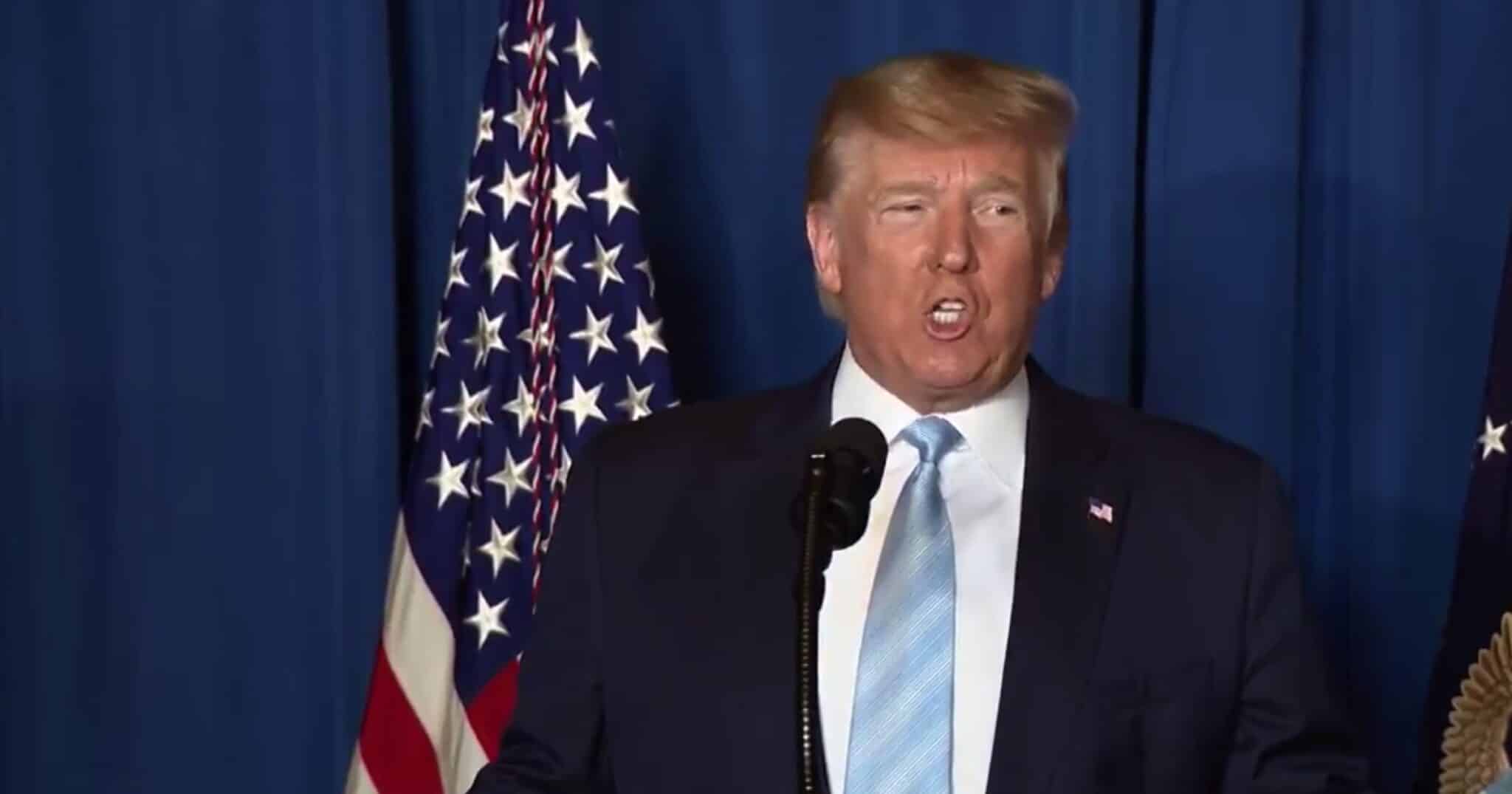








The United States Supreme Court is deliberating whether to send the appeal of former Chicago alderman Patrick Daley Thompson back to a lower court for further examination. This development arises from Thompson's contention that his statements regarding loans were misleading but not outright false, an argument that may redefine future prosecutions of local officials.
The Hill reported that the case involves a debate over distinguishing between false and misleading statements, which could affect how similar cases are prosecuted in the future.
Thompson, belonging to a notable Chicago political lineage, was convicted in 2022 for providing misleading information about loans totaling $269,000.
The conviction, based on federal anti-corruption statutes, argued that Thompson made false declarations with the intent to deceive government bodies and financial institutions. Subsequently, he served a four-month prison term and resolved his financial obligations with the Federal Deposit Insurance Corporation.
The core of the appeal before the Supreme Court centers on whether the anti-corruption law encompasses misleading statements that are not categorically false. Justices are now tasked with discerning the difference between the two types of statements in the context of Thompson's case.
A distinctive aspect of the trial was its focus on the jury's prior decision, which found Thompson guilty without adequately exploring whether his remarks were misleading or outright false. The ongoing deliberations by justices will decipher how substantial this difference is legally and ethically.
Thompson's attorney, Chris Gair, argued, “Many statements that are misleading are not necessarily false. However, this does not mean the terms are interchangeable.” This viewpoint highlights the importance of legal precision in defining what constitutes a false statement.
Thompson's case is pivotal, following a precedent that restricted the definitions of bribery. If the Supreme Court rules in favor of Thompson, it could significantly alter how politicians are held accountable under similar charges in future cases.
During the hearing, Justice Ketanji Brown Jackson raised concerns, expressing that a detailed understanding of falsehood might not favor Thompson's argument. She mentioned, “The sum he borrowed or owed should be clear and definitive,” emphasizing a need for accuracy in such declarations.
Meanwhile, Justice Amy Coney Barrett echoed skepticism, suggesting that Thompson's representation of his debts might closely resemble misleading rather than false assertions. This remark further illustrates the complexity of Thompson’s defense.
On the other hand, Caroline Flynn, representing the opposing side, emphasized the factual nature of Thompson’s declarations. “Not every misleading statement falls under falsehood,” she stated, “but a claim is false if it only partially reveals the truth in contexts where it should be seen as comprehensive.”
Justice Neil Gorsuch pinpointed the essence of the inquiry, asking whether the statute indeed permits the prosecution of misleading statements instead of purely false ones. His questioning encapsulates the broader implications of this case, extending beyond Thompson's individual situation.
Similarly, Justice Elena Kagan expressed concerns about the potential gap between misleading and false affirmations.
This gap presents an opportunity for further clarification, potentially impacting future legal approaches.
As the hearing continues, it remains evident that the verdict will not only affect Thompson but also potentially reshape the landscape of legal accountability among local politicians. The decision, expected by the summer, will provide guidance on handling such legal ambiguities moving forward.
While the current appeal solely focuses on Thompson's proxy of misleading versus false statements, it holds greater significance for political figures dealing with similar charges. The Supreme Court’s ruling could establish new thresholds for what qualifies as sufficient evidence for conviction under corruption laws.


